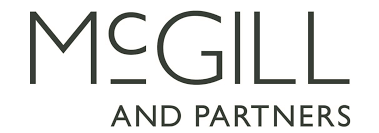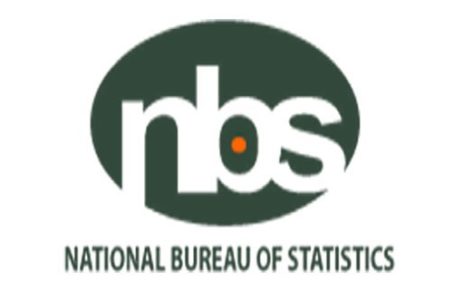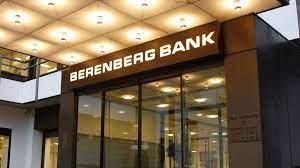A new report by specialist reinsurance broker, McGill and Partners, has reflected that cyber-attacks constitute the number one concern for Board Directors of corporate entities in recent years.
According to the reinsurance brokerage firm, 81% of board directors surveyed by it and NEDonBoard, the professional body for non-executive directors and board members, identified cyber-attacks as the biggest threat that their businesses currently face.
McGill and partners reported that the number of cyber-attacks had grown in recent years, with several high-profile examples making headlines across the world just this year. Some of the major attacks this year include the Colonial Pipeline ransomware attack in May 2021 and the T-Mobile data breach in August.
As the cost of an attack can run into millions of dollars, analysts have projected that the total cost of ransomware attacks in 2021 alone could exceed $20 billion, with the cost of cybercrime predicted to surpass $6 trillion annually this year.
The reinsurance brokerage firm stated that cost was not the only factor that Board Directors must consider in regard to cyber-attacks but also time loss as in the average, experts believe it can take between two to four weeks to recover from an attack, with some businesses taking much longer to return to normal.
This implies that any attack can have a significant financial and reputational impact for businesses unable to trade during these periods.
The industry analysts have noted that with more businesses embracing hybrid working, as well as an increasing amount of technology used across all sectors from manufacturing to healthcare, the risk associated with a cyber attack is broadening and growing by the day.
McGill and partners stated that there were measures that boards can employ to protect against an attack, they, however, maintained that while prevention is always the first priority, board members should also consider whether processes are in place to ensure the business’ resilience should an attack take place.
Analysts also believe that cyber-insurance can play a role here, supporting businesses in the face of a threat as well as protecting the balance sheet.
Specifically, industry experts further feel that well-crafted coverage, uniquely suited to an organisation can provide access to fully vetted, post-incident vendors aiding in the efficiency of the response, encourage the adoption of market-leading cyber security protections to broader coverage and support board members in evidencing their organisations’ commitment to cyber security following an attack.
Commenting on the report findings, Head of Cyber at McGill and Partners Shannan Fort, said: “Many businesses have incorrectly assumed that protecting against cyber attacks sits solely with the IT department, so it’s welcome news to see that board members are very aware of the risk an attack poses to their business.
“We have seen numerous examples of attacks in recent years, and, what is fundamentally clear is that every business has the potential to be a victim. Any business- large or small- that employs technology- whether to offer a service, hold data or even operate machinery could be at risk.
“The cost associated with a cyber-attack cannot be underestimated, and cyber-insurance can support affected business’ balance sheets. However, its role goes so much further. Access to leading vendors that can support should an incident occurs can be invaluable for example.
“For board members, it’s vital to ensure that your business has the appropriate steps in place to both protect against an attack and ensure resilience should one happen.
“It’s worth noting that board members not only risk significant cost to the business from a cyber-attack, but also liability claims against them should a cyber-attack happen”, the Cyber expert added.




